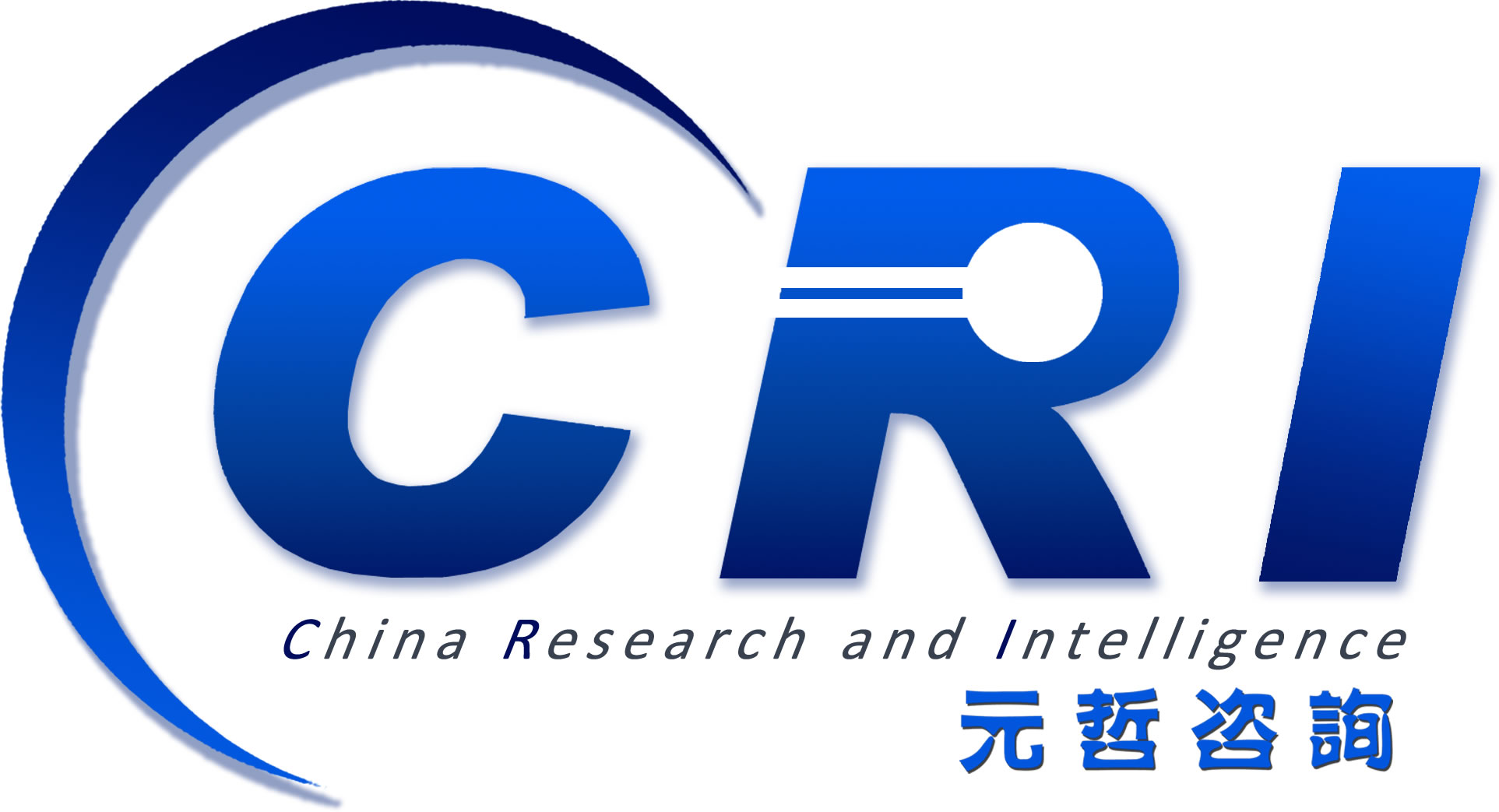Castor Oil-Based Biopolymer Market Overview
The global castor oil-based biopolymer market is estimated to reach $3,320.9 million in 2031, reveals the premium market intelligence study by CRI Report. The study also highlights that the market is set to witness a CAGR of 16.7% during the forecast period 2022-2031.
Castor oil-based biopolymers are polymers derived from castor oil. Castor oil is used in a wide range of applications, from traditional applications such as detergent and soap to advanced applications such as cosmetics, lubricants, adhesives, and coatings. India, China, Brazil, Thailand, Ethiopia, etc., are one of the major castors crop cultivation countries across the globe. Automotive manufacturers such as Fiat, Ford, Daimler, and others are largely using renewable or recycled materials such as castor oil-based biopolymers.
USP of the Report
• Extensive competitive benchmarking of 20 key players to offer a holistic view of the global castor oil-based biopolymer market landscape
• Market segregation based on polymer type, form, and end user
Analyst Perspective
According to Sachin Singh, Lead Analyst, CRI Report, “Castor oil-based biopolymers play a significant role in automotive, textile, household appliances as well as other applications. Castor oil-based biopolymers have been adopted by these end users as they enhance the aesthetics, durability, chemical and abrasion resistance, and longevity of the substrates to which they are applied. Also, the expansion of the automotive industry, growing sustainable textiles industry, along with the demand from household appliances are anticipated to drive market growth over the forecast period.”
Key Companies Operating in The Market
Key players in the global castor oil-based biopolymer market analyzed and profiled in the study involve castor oil-based biopolymer manufacturers and the overall ecosystem. Moreover, a detailed competitive benchmarking of the players operating in the global castor oil-based biopolymer market has been done to help the reader understand how players stack against each other, presenting a clear market landscape. Additionally, comprehensive competitive strategies such as agreements, partnerships, acquisitions, and collaborations will aid the reader in understanding the untapped revenue pockets in the market.
The key players profiled in the report include Arkema, Evonik Industries AG, BASF SE, EMS-Chemie Holding AG, Solvay S.A., Toray Industries, Inc., UNITIKA LTD., RadiciGroup, Fulgar SpA, DSM, DuPont de Nemours, Inc., Mitsui Chemicals Inc., Nexis Fibers, VAUDE Sport GmbH & Co. KG, EOS GmbH, AWAKE CONCEPT, NEUBAU EYEWEAR gmbh, Lanxess AG, BIO-FED, and Asahi Kasei Corporation.
Key Questions Answered in the Report
• What are the major factors and trends that are impacting the consumption of castor oil-based biopolymers?
• What are some of the key initiatives taken by the existing players to improve their market positioning and strategies adopted by new players entering in market space?
• How has COVID-19 impacted the castor oil-based biopolymer market across the globe?
• What are the steps existing players take to improve their market positioning, and what are some of the key strategies adopted by new players entering this market space?
• What is the market’s leading product and most promising application, and how it would emerge in the coming years?
• What are the latest developments across the globe for castor oil-based biopolymer, and what are the consumption patterns?
• What are the constraints in the acceptance of castor oil-based biopolymer in various regions and countries?
